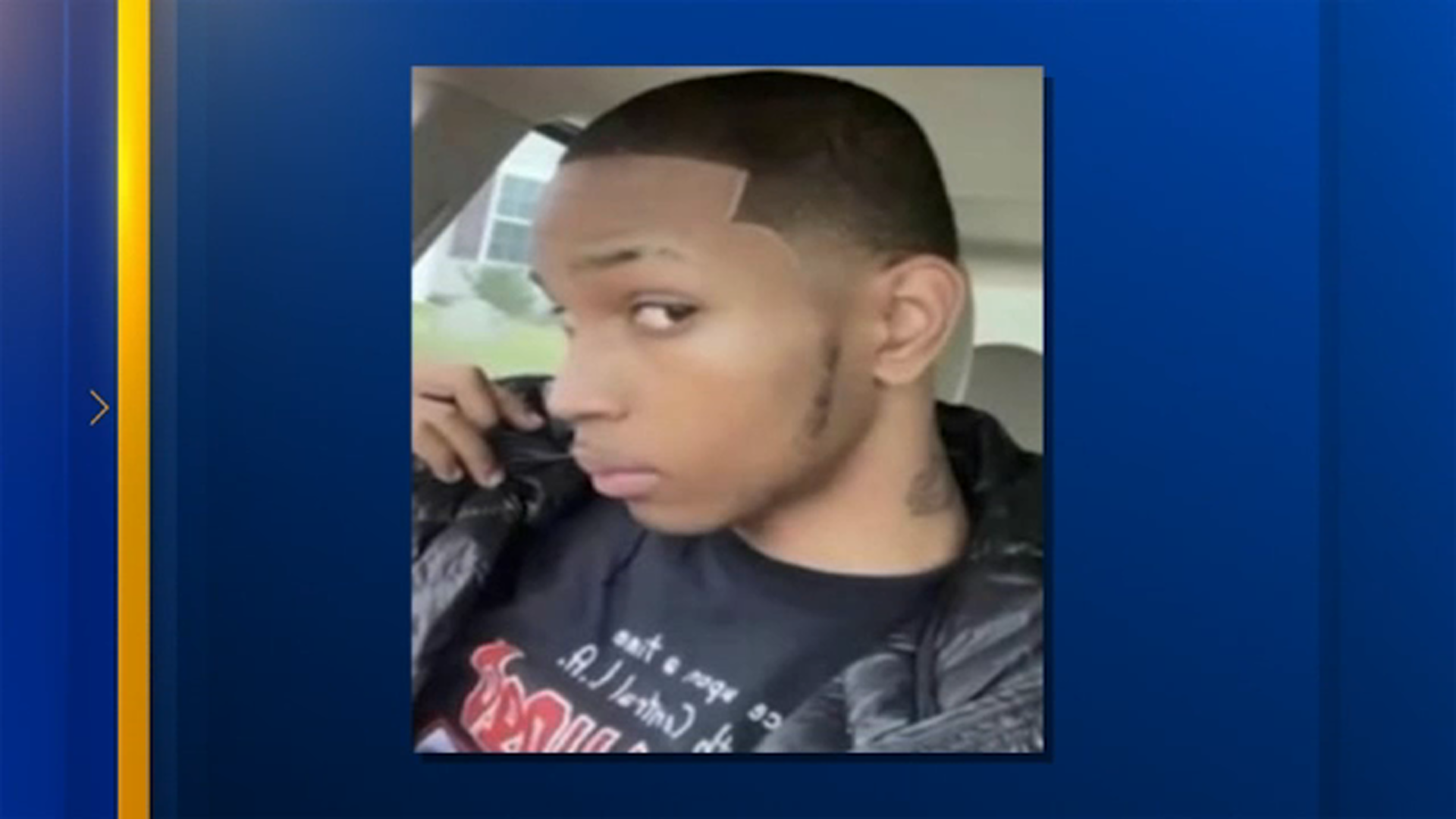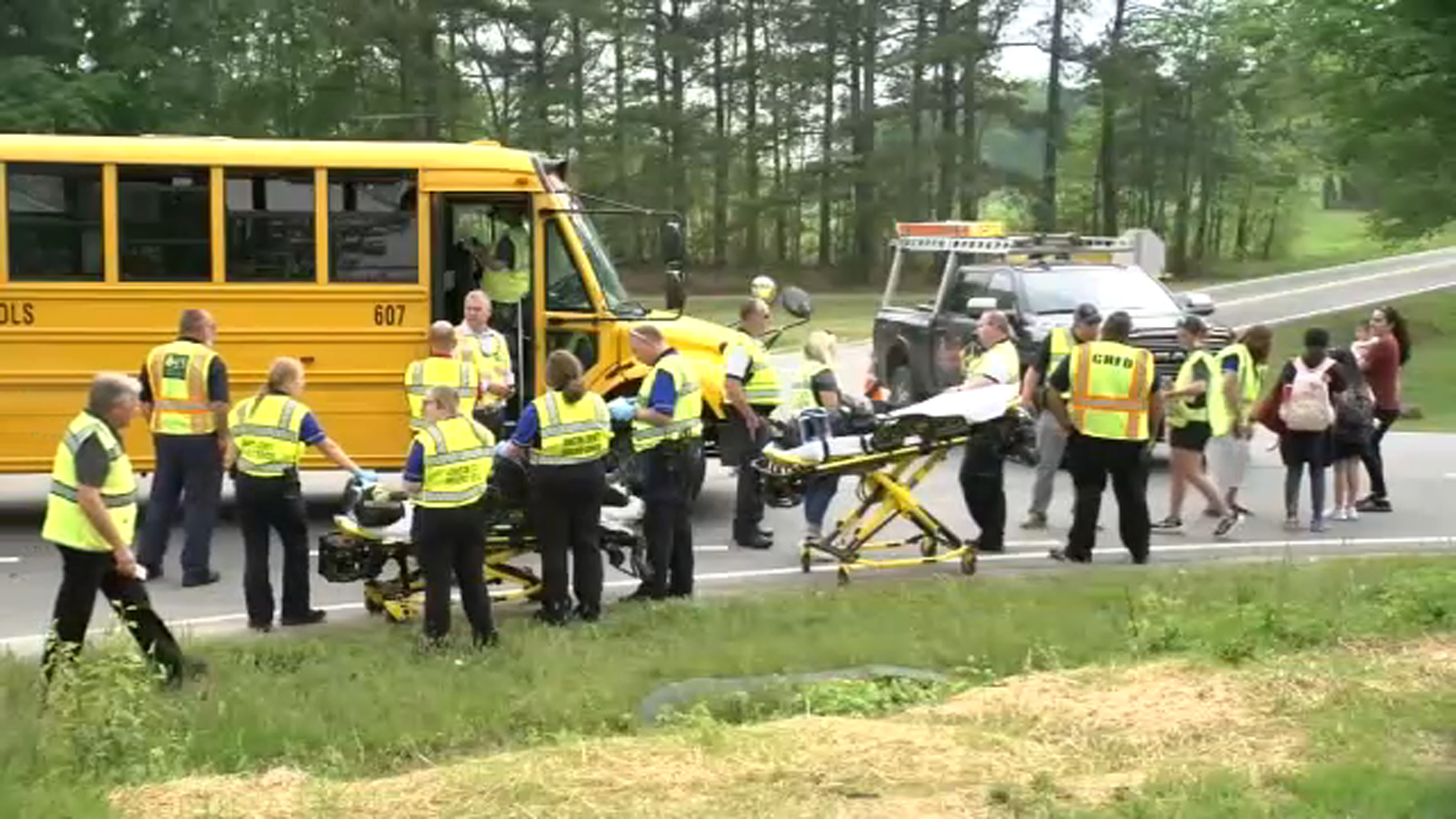Few providers of color lead to challenges for those seeking mental health treatment

RALEIGH, N.C. (WTVD) -- During the COVID-19 pandemic, mental health care providers have seen a massive influx of new patients-some seeking help for the very first time.
"I believe there is a silver lining in the fact that there were many clients that were first timers and new to therapy even though there was a lot of anxiety around the process," said Shontel Cargill, Licensed Marriage and Family Therapist (LMFT) and the regional clinic director at Thriveworks. "They made that choice to take the leap of faith, to seek the treatment that they need to start their healing journeys."
Cargill said many people are just now learning about the benefits of therapy and breaking the taboos of mental health treatment. But some communities have more barriers to break than others.
"In communities that are often underserved, that are often impacted by other stressors in addition to your typical work and life stressors, these things are magnified by the stresses that we live in daily life," Cargill said, adding that compounded stress can lead to complex trauma and PTSD.
RELATED: Triangle mental health experts explore mental health stigma in Black, Latino communities
"We've experienced generational trauma, medical trauma," said Cargill, who is Black. "Trauma that may not appear to be traumatizing to those who may not have those lived experiences and so you know, I think that's why it's so important that there's an education out there about the uniqueness and how mental health treatment has to be shaped for marginalized communities and people of color as opposed to those who may not have experienced those generational traumas."
But lack of diversity in the mental health field remains. Cargill said she's seen a lot of progress in the last couple of years, but there is still a lot of work to do.
"I take it on as a personal responsibility to really be available and create access and to be able to increase that accessibility to those who may be a part of those marginalized communities," she said.
She added that it's a wake-up call that more people of color need to step into this field.
"As you move into the psychologist positions, in the psychiatry positions, it becomes even less representation in terms of the services that we're seeking there, and so I think that it's important that overall there's this call to action that we need more representation of marginalized communities in this field."
Census data supports her claims that there is little representation in psychologist positions. While there is more diversity in social worker and counselor positions, an ABC11 analysis of 2018 survey data shows disparities in the percentage of Black and Hispanic psychologists in Wake, Cumberland and Durham counties.
"I think that's really important in terms of offering this particular service to clients who might be on the fence about seeking it. That's access that we're speaking to," Cargill said. "And then we're also speaking to being able to decrease some of the concerns that may come with potential harm of seeking the service because of previous lived experiences in the medical field."
She said by having more practitioners of color, patients might feel more comfortable and safe opening up about their traumas.
"Having a provider that looks like you may feel safer for someone to share their lived experiences," Cargill said. "I believe the potential clients feel their provider may be able to speak to those shared experiences from a lived experience standpoint, and so they can really truly meet them where they are."
Of course, Cargill recognized that there are still many barriers to people getting care, and many people that still feel alone.
"Please see someone that you trust and love in your support system," she said. "You're not alone. I think that's part of that feeling of helplessness and hopelessness, sometimes it makes you feel like you're isolated and you're by yourself and you have to endure pain by yourself, but you do not have to."
If you need immediate help, please use one of the resources below:
National Suicide Prevention Lifeline 1-800-273-8255 or 988
HopeLine-NC 919-231-4525 available via phone or text
Crisis Information from NAMI Wake County





